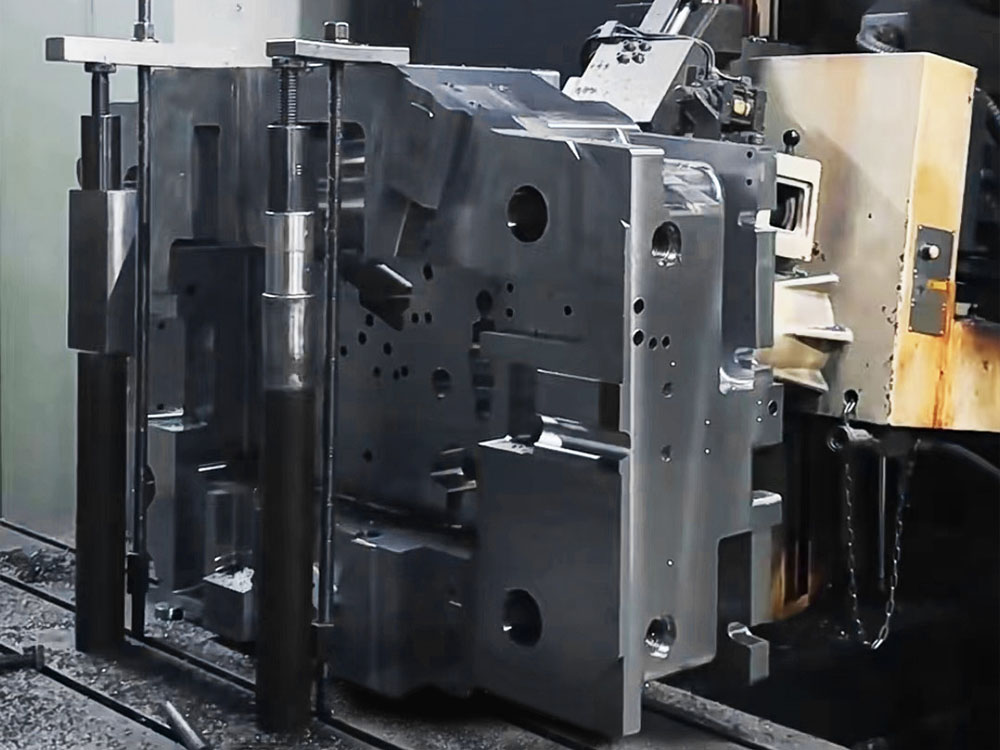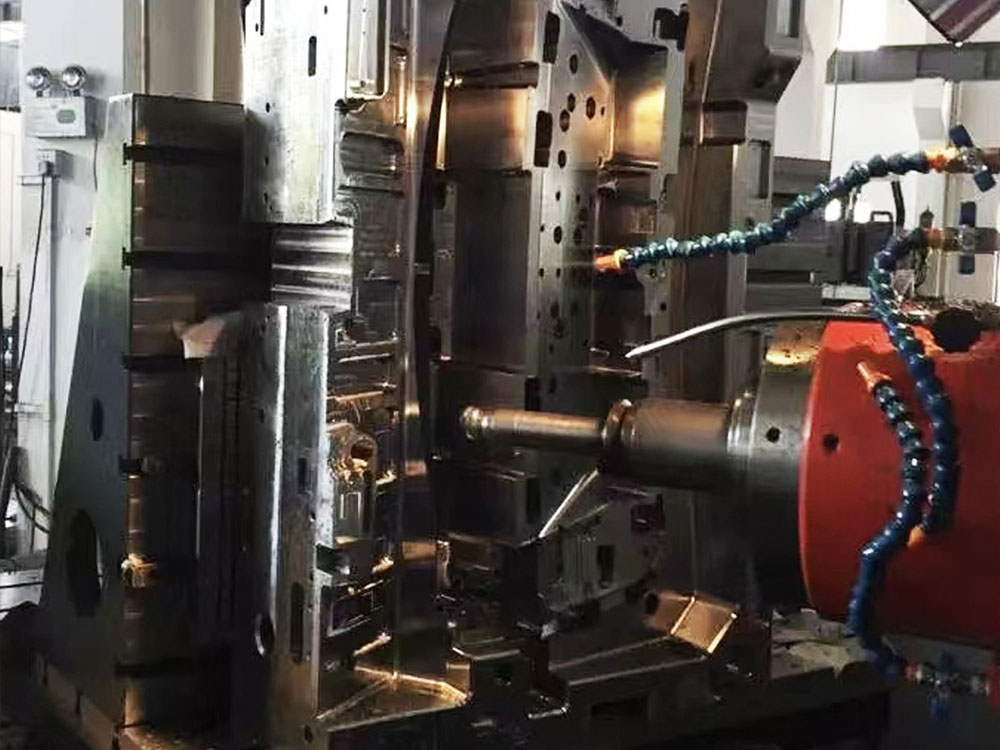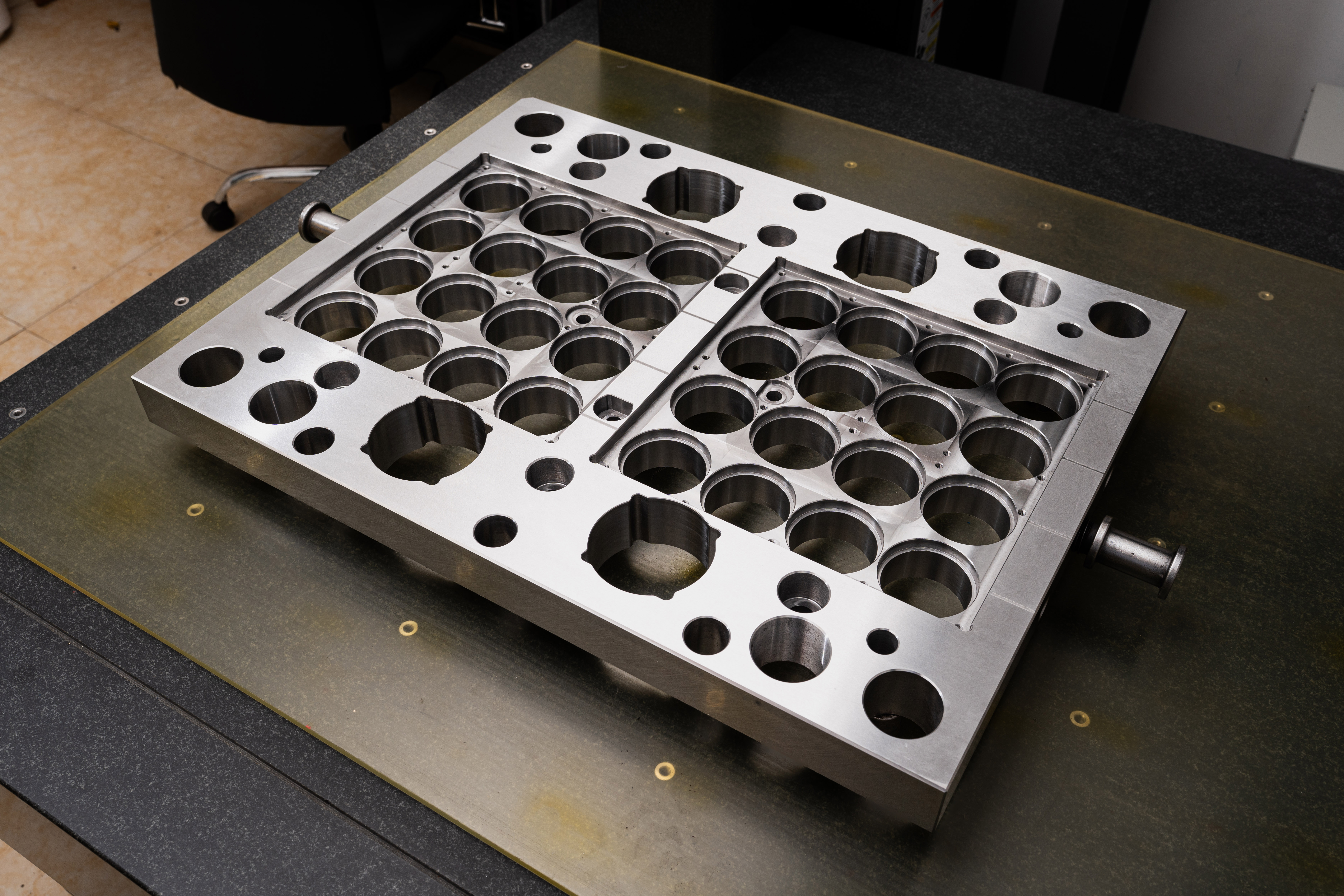Job Responsibilities of an Apprentice in Mold Base Industry
As an apprentice in the mold base industry, you will be expected to perform various tasks related to machining. Your role would involve working alongside experienced professionals and learning the skills required for this specialized field. Here are some of the key job responsibilities you can expect as an apprentice in machining within the mold base industry:
1. Reading and interpreting technical drawings
One of the fundamental responsibilities of a machining apprentice is to read and understand technical drawings. This skill is crucial to accurately comprehend the dimensions, tolerances, and specifications required for machining mold bases. By interpreting technical drawings effectively, you will be able to create precise and accurate molds.
2. Operating and setting up machining equipment
Machining entails the use of various equipment such as milling machines, lathes, grinders, and drill presses. As an apprentice, you will learn how to operate and set up these machines to perform specific machining tasks. It is essential to follow safety protocols and guidelines when using these machines to ensure your own safety and the quality of the machined mold base.
3. Machining mold base components
Your role as an apprentice will involve the actual machining of mold base components. This includes using the equipment mentioned previously to shape, cut, drill, and finish the required parts according to the technical drawings and specifications. Proper use of cutting tools, measuring instruments, and machining techniques will be necessary to achieve accurate and high-quality results.
4. Performing quality control checks
Ensuring the quality of the machined components is another critical responsibility in the mold base industry. As an apprentice, you will be trained on how to perform quality control checks, including measuring dimensions, inspecting surface finishes, and examining the overall integrity of the machined parts. Attention to detail and adherence to quality standards are essential to produce defect-free mold base components.
5. Maintaining and troubleshooting machining equipment
Regular maintenance of machining equipment is necessary to keep them functioning optimally. As an apprentice, you will learn how to clean, lubricate, and perform minor repairs on the machines you work with. Additionally, you will be taught how to identify and troubleshoot common issues that may arise during the machining process. This knowledge will help ensure smooth operations and minimize downtime.
6. Collaborating with colleagues and following instructions
Working effectively as part of a team is essential in the mold base industry. You will be expected to collaborate with colleagues, such as machinists, toolmakers, and engineers, to ensure the successful completion of projects. Following instructions accurately and efficiently is crucial to maintain productivity and achieve the desired outcomes. Effective communication and a cooperative attitude will contribute to a positive work environment.
7. Learning and adapting to new technologies
The field of machining, including mold base industry, is constantly evolving with new technologies and techniques. As an apprentice, you should be open to learning and adapting to these changes. Staying updated with the latest advancements in machining equipment and software can enhance your skills and make you a valuable asset to the industry.
In conclusion, as an apprentice in the mold base industry, you will have a range of responsibilities including reading technical drawings, operating machining equipment, machining mold base components, performing quality control checks, maintaining equipment, collaborating with colleagues, and learning and adapting to new technologies. By fulfilling these responsibilities with dedication and precision, you can lay a strong foundation for a successful career in the mold base industry.




